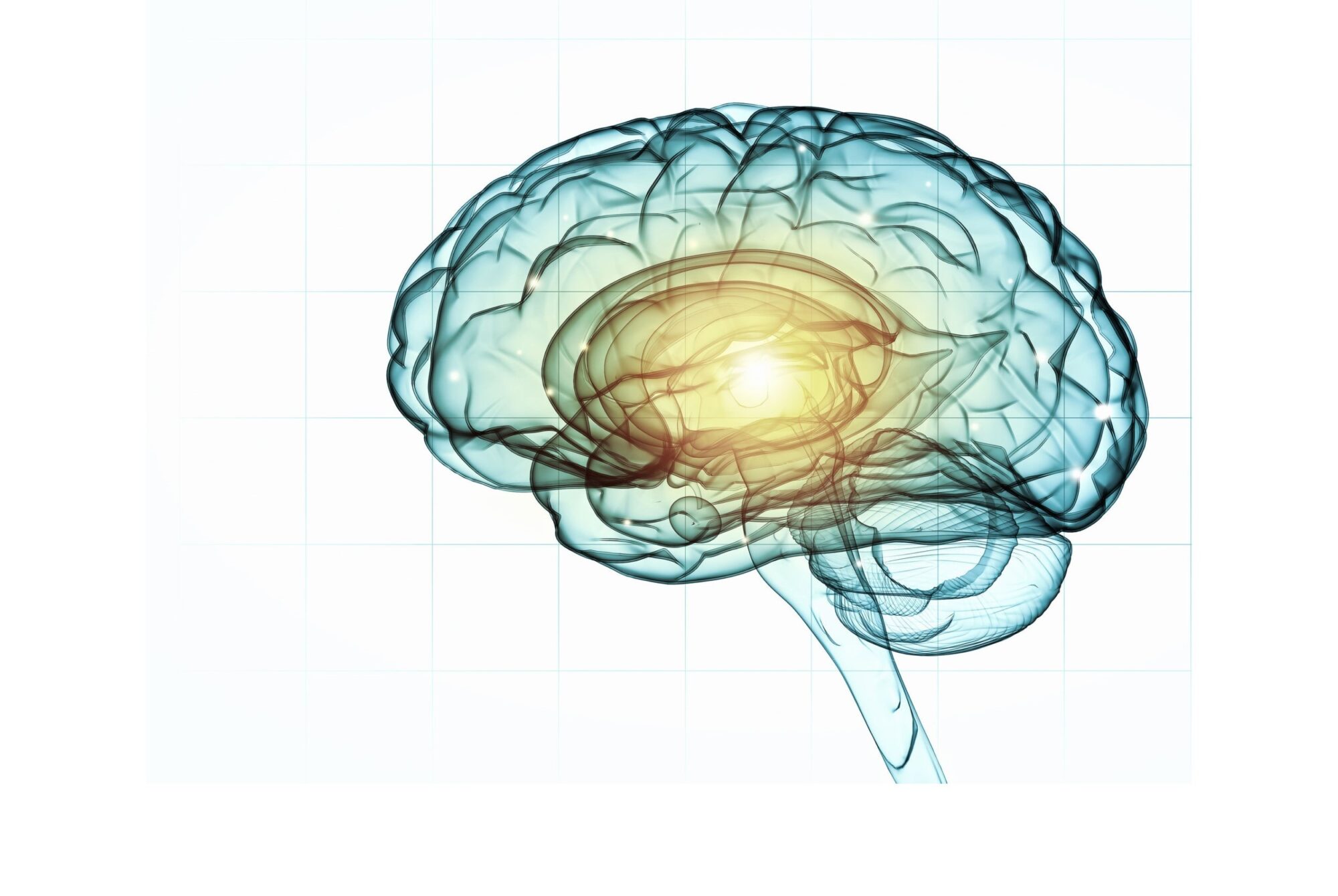QUESTION:
What is science?
QUESTION:
Why should we be mindful of the process of thinking with a scientific approach – this “scientific method?”
Well, when you think science, you are probably thinking stuff like Biology, Chemistry, Physics, Astronomy … you know … classes from school. That’s not wrong. You are probably also thinking that science is an exact thing … a final thing … a collection of facts. That’s not entirely wrong, either. But neither are sufficient for really understanding what science is.
To be fair, these are pretty much what we gather from the primary and secondary education systems, and possibly also the undergraduate education system for “non-science” majors. You might have been taught the true meaning about science, but you probably remember the other stuff, instead. But that’s pretty much how the education system is designed – to provide basic information plus details, probably so you can do well on tests of these things (or categories of science), but the system tends not to provide the cognitive resources for you to remember. This is how the education process proceeds, unfortunately.
Within the education system, there exist the expectations that you pay attention in class, take notes, and prepare for quizzes and tests. After that, though, there is no reason to use the information, so the brain tends not to remember all of it … and often remember the other information incorrectly.
(Sorry, but that is how the neuroscience of thinking works.) [I will get into the neuroscience of thinking and psychology in other blog posts.] [I will also get into the education process in another blog post.]
WHAT YOU WILL GET FROM THIS SERIES OF BLOG POSTS:
To strengthen our critical thinking skills, we need to change the way we think about “science” and the “process of science.” In this sequence of blog posts, I will provide you with resources that you will remember and be able to use in your everyday thinking … especially in the areas of medicine, the environment, social media, and when you’re listening to others – especially the talking heads in the news, the radio, podcasts, and when you are reading the written “news” items (and advertisements intentionally written to appear as news), advertisements, and especially headlines.
I am going to pull a great deal of information from the book … really, it’s a “report,” Scientific Research in Education (National Research Council, 2002). I am not going to cite everything, but you can presume that everything that is not editorial, here, comes from within this report.
There are several important reasons why I am referencing this report (you will discover them if you read it; not just that all undergraduate programs ought to require reading and using it, if also not be required for high school students – I highly recommend it for any high school student interested in attending college).
More anecdotally, though, because it was required reading for one of my graduate courses at the University of Pennsylvania [a highly reputable and internationally ranked research (hint, hint) university], but also because one of the members of the Committee On Scientific Principles for Education Research was an esteemed professor who taught me a great deal about research, research design, analysis of research design, data analysis, and more, within several courses – Dr. Robert F. Boruch.
I highly recommend this report for any high school student interested in attending college.
The principal reasons for that report were from a view that “Education,” “Behavior,” and “Psychology” are soft sciences, and that, specifically, research in Education (and Behavior, the Social Sciences, etc.) has suffered from more limited scrutiny and rigor in their research studies. This is not to say, however, that all researchers in these fields conduct their work with a limited regard to the methods and processes contrasted with fields of study like “Geometry,” “Finite Mathematics,” “Mechanical Engineering,” much of “Physics,” and the like.
After all, those other fields have “laws,” “theorems,” “axioms,” and rules that (you presume) no one can break, right? Now go ask someone with a Ph. D. in “Theoretical Mathematics” or “Theoretical Physics.” I’ll save you the trouble. Nope. Try reading a little about “Quantum Mechanics” and the impact on what we think we know about how the universe works within the framework of Einstein’s mechanics of time and space.
Okay. So what is science? Well, we’ll get to that later … if we still find that question sufficiently important.
More importantly, let us look at the six (6) scientific principles, particularly as they relate to research … which, in a way, directly relates to the process of thinking stronger. [Head’s up: I am copying these six scientific principles directly from the book (National Research Council, 2002, pp. 3-7).]
(Continue to SCIENTIFIC PRINCIPLE 1)

